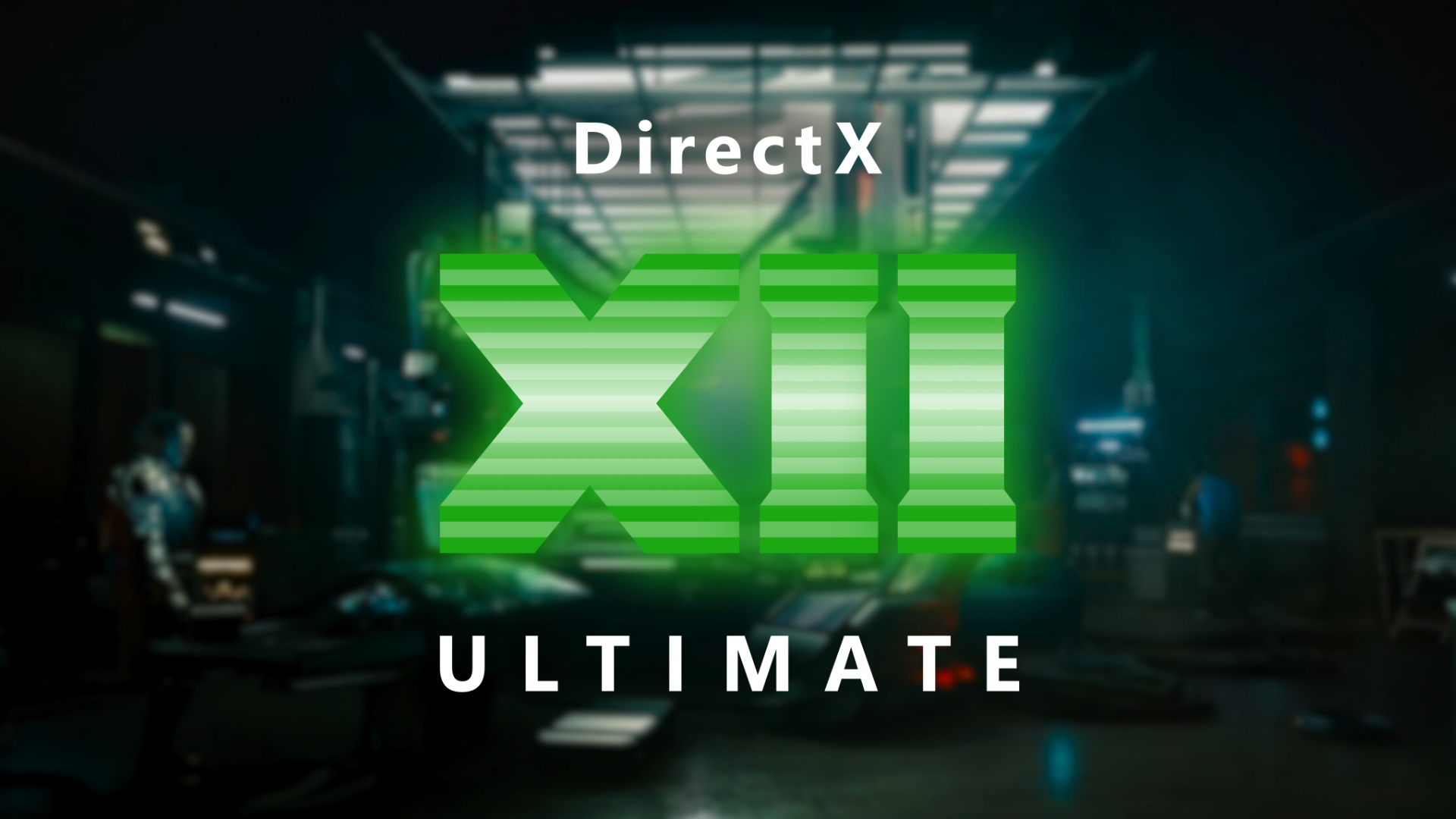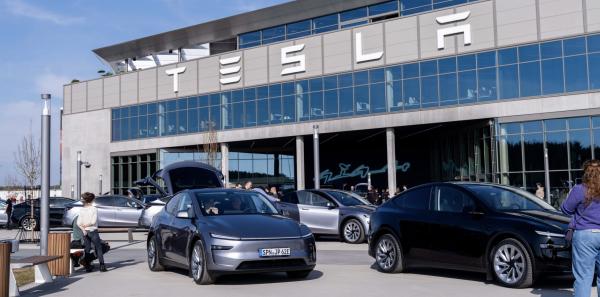Electric Vehicle (EV) charging has moved on significantly over the last 10 years, with more and more people adopting EVs there has been a lot of innovation and growth in the industry.
Here are some of the key changes that have occurred:
Increase in charging infrastructure: There has been a significant increase in the number of EV charging stations worldwide, with governments, businesses, and individuals investing in the infrastructure needed to support EV adoption.
Fast charging: Fast charging technology has improved, with the introduction of high-power DC fast chargers that can charge an EV battery to 80% capacity in as little as 20-30 minutes.
Standardization: The industry has moved towards standardization of charging protocols, with the adoption of the Combined Charging System (CCS) and the CHAdeMO protocol in Europe and Japan.
Wireless charging: Wireless charging technology for EVs has been developed, allowing EVs to be charged simply by parking on top of a wireless charging pad.
Renewable energy integration: EV charging stations are increasingly being powered by renewable energy sources such as solar and wind, reducing the carbon footprint of EVs.
Smart charging: Smart chargers allow EV owners to schedule charging times, manage energy use, and save money on charging by taking advantage of off-peak electricity rates.
Now let's look at what a smart charger actually is! It's a type of battery charger that has so highly advanced features that will manage and optimize the charging process.
What can a smart charger manage?
Smart chargers can adjust the charging rate based on the state of the battery, ensuring that it is charged safely and efficiently. Smart charging technology can also be programmed to charge different types of batteries, such as lead-acid, lithium-ion, nickel-cadmium, and nickel-metal hydride.
Smart chargers can adjust the charging rate based on the state of the battery, ensuring that it is charged safely and efficiently. They can also monitor the battery's charge level and stop charging when the battery is fully charged, preventing overcharging.
Smart chargers can monitor the battery's temperature and adjust the charging rate to prevent overheating. They can also adjust the charging voltage based on the battery's chemistry and state of charge, ensuring that it is charged to the correct voltage.
Smart chargers can provide maintenance charging to keep the battery charged when it is not in use, prolonging its lifespan, and can be programmed to charge from different power sources, such as AC mains, DC power, or solar panels.
Overall, a smart charger can help prolong the life of your batteries, ensure they are charged safely and efficiently, and help you get the most out of your battery-powered devices.














